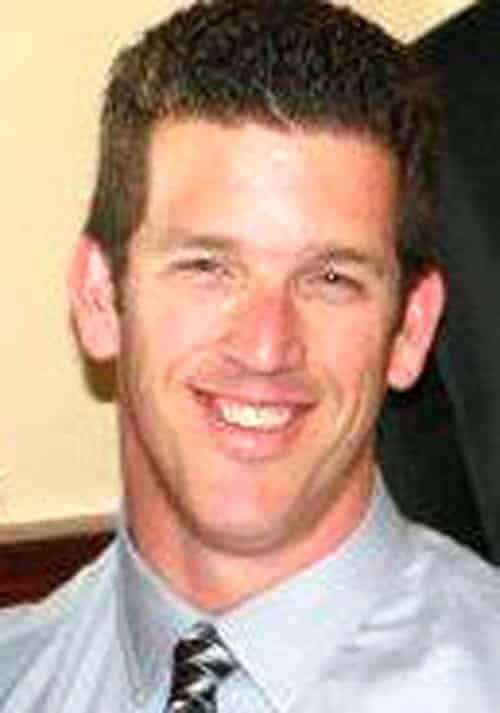Benicia, CA dentist Dr. Scott Swoboda, victim of embezzlement by Patricia Jennings Gadson, hopes to help others avoid same fate
Home > Hall of Shame
A Benicia California dentist whose employee embezzled both cash and checks from his office for more than a year is sharing his experience in hopes of preventing other business owners and their clients from being victimized. Dr. Scott Swoboda said the embezzlement probably went on for about 18 months before he realized something was wrong.
Scott Swoboda tipped off by patient
It wasn’t until one of his patients asked about a discrepancy in a bill in October 2012 that Scott Swoboda began suspecting his employee, Patricia Jennings Gadson, of wrongdoing. He said she was telling those clients who paid by check to leave the “payable” line blank so she could mark it with the office stamp. One problem, Swoboda said: There was no such stamp. Instead, he said, the woman would write her own name in the line, and later cash the check. She apparently was taking all cash payments, too, he said. “I didn’t know what to do,” Swoboda said, so he called the Benicia police. After hearing the dentist’s concerns, a detective suggested the two of them confront the woman together.
Patricia Jennings Gadson pled guilty
The matter was settled this week when Gadson agreed to a plea bargain that convicted her of felony forgery. She received a 90-day sentence. She also has been ordered to pay full restitution, though Scott Swoboda said he is able to document only about $3,000 of his losses so far. “All I wanted was a felony conviction, which is what I got,” he said. “Anything else is a bonus.” While he said it would be nice to get some of his money back, “I wanted her to pay for what she did,” as well as be unable to continue to work in dental practice elsewhere. He said dental offices are a prime target for embezzlers, who often get away with the crime because dentists don’t want to prosecute. “They’d rather move on,” he said. “I wouldn’t let her get away with it, so she couldn’t do this to anybody else.” Scott Swoboda said he is telling his story not as revenge, but to warn other business offices about signs they, too, may be embezzlement victims. He said the Benicia police detective told him that it isn’t uncommon for an embezzler to take money from a company for 18 months before being discovered. Swoboda shared some indicators that such stealing is taking place, in hopes of helping other business owners recognize the situation more quickly.
He said an embezzling employee appears to be a hard worker, often wanting to work overtime and when the office is closed. “The kind of person who embezzles is the person who tries to work by themselves,” he said. “They don’t want anyone learning or doing their job.” As he recalls how his own office worker behaved, he said, “She wanted to work off times when there was no one in the office.” He also called her “a pot stirrer, and always on my good side. She would pit employees against others and against me, maybe to get them fired.” Another tipoff, he said, should be if the office doesn’t seem to be getting any cash payments. Normally, a dental office gets at least 5 percent of its payments in cash; Swoboda’s wasn’t getting any. “I blamed the down economy, but she took that cash,” he said. He learned about that through his patients, too, he said. “And none of the books made sense,” he added. Gadson apparently falsified accounts. “I have been trying to fix it ever since.” Two factors made Swoboda’s office vulnerable to embezzlement, he said.
First, he hadn’t been scrutinizing the financial books himself, leaving that job to others. “I wasn’t reviewing the accounts receivable and payable,” he said. “She took advantage of that and exploited it.” In addition, Swoboda didn’t think it could happen to him. “That’s another thing I learned. A person can get embezzled when they don’t think or are not aware you can be.” But that’s when it’s more likely to happen, he said. Swoboda, who is known for raising money for breast cancer research through competing in 2011 in a South Bay half-ironman triathlon, has dealt with adversity before, such as when his wife received her cancer diagnosis.
Just as he used that news as motivation to do something positive, he’s striving to do the same with this situation. “Why let one bad egg ruin it for everybody?” he said. “This is a lesson learned.”